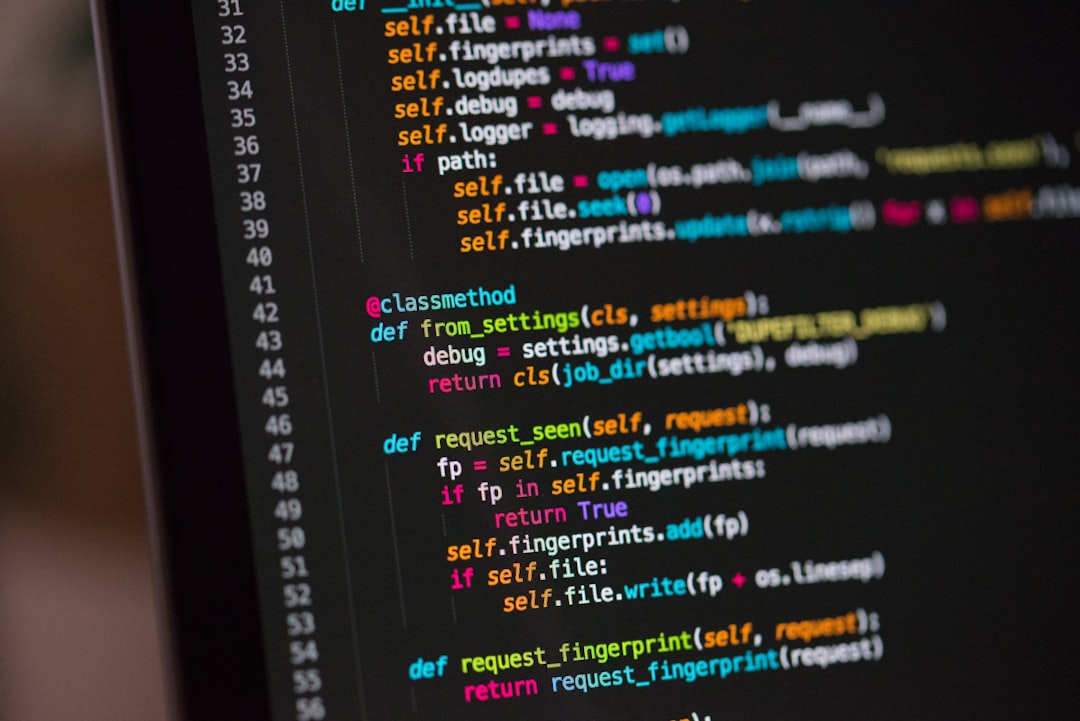In the rapidly evolving landscape of artificial intelligence, a new milestone has been achieved with the Claude 4 AI model’s recent demonstration of code refactoring over a period of seven hours. This breakthrough underscores the growing capabilities of AI in streamlining and optimizing software development processes, and it raises profound questions about the future roles of developers and intelligent systems in the tech industry.
**The Role of AI in Code Refactoring**
The concept of code refactoring involves restructuring existing computer code without changing its external behavior. This is done to improve nonfunctional attributes such as readability, maintainability, and performance. Traditionally, this is a task requiring meticulous attention to detail and a significant amount of time, as well as expertise from seasoned developers.
Claude 4, however, steps into this domain with remarkable prowess. Developed with sophisticated algorithms and machine learning techniques, Claude 4 can efficiently navigate through lines of code, identify inefficiencies, and restructure them for better performance—all autonomously. Its recent feat of working continuously for seven hours is a testament to its endurance and sophisticated design.
**Technical Capabilities of Claude 4**
At the heart of Claude 4’s capabilities is its deep learning architecture. The model employs natural language processing (NLP) to understand programming languages, which are essentially forms of communication between humans and machines. By leveraging NLP, Claude 4 can interpret the semantic and syntactic nuances of code just as it would analyze human languages.
Furthermore, Claude 4 utilizes reinforcement learning, which allows it to make decisions and improve over time. Each refactoring task is treated as a learning experience, enabling the model to refine its approach to problem-solving progressively. This adaptive learning process is crucial for handling the diverse and complex scenarios encountered in real-world coding environments.
**Implications for the Software Development Industry**
The success of Claude 4 presents numerous implications for the software development industry. For one, the efficiency brought forth by AI models like Claude 4 could dramatically reduce the time developers need to spend on routine tasks, such as debugging and optimization. This could free up valuable resources and allow programmers to focus on more innovative and creative aspects of development.
Moreover, the ability of AI to handle code refactoring consistently opens the possibility for small to medium-sized enterprises to maintain high-quality codebases without the resources that larger tech companies typically possess. This democratization of high-tech capabilities could spur innovation and competition across various sectors.
**Challenges and Ethical Considerations**
Despite these advantages, the rise of AI-driven code refactoring also presents challenges. One of the primary concerns involves the accuracy and accountability of AI decisions. While Claude 4 can autonomously restructure code, its decisions must still be overseen by human experts to ensure correctness and reliability, especially for critical systems where malfunction can lead to catastrophic results.
Additionally, there are ethical considerations regarding the displacement of jobs. While AI can augment productivity and efficiency, it may also lead to reduced demand for entry-level coding positions that primarily involve routine coding tasks. This scenario calls for a balanced approach where AI serves as a complement to human effort, rather than a replacement.
**Future Prospects**
Looking ahead, the success of Claude 4 could pave the way for even more advanced AI-driven tools in software development. Its extended capabilities might one day evolve beyond just code refactoring to full-fledged software design and development. This vision, however, would require not only technological advancements but also new frameworks to address the ethical and logistical challenges associated with such a transformation.
In conclusion, the Claude 4 AI model’s ability to refactor code for seven continuous hours marks a significant step forward in AI’s integration into the software development process. As technology continues to evolve, striking a balance between human oversight and AI autonomy will be crucial for harnessing the full potential of these intelligent systems responsibly and effectively.
AI
New Claude 4 AI model
















Leave a Reply